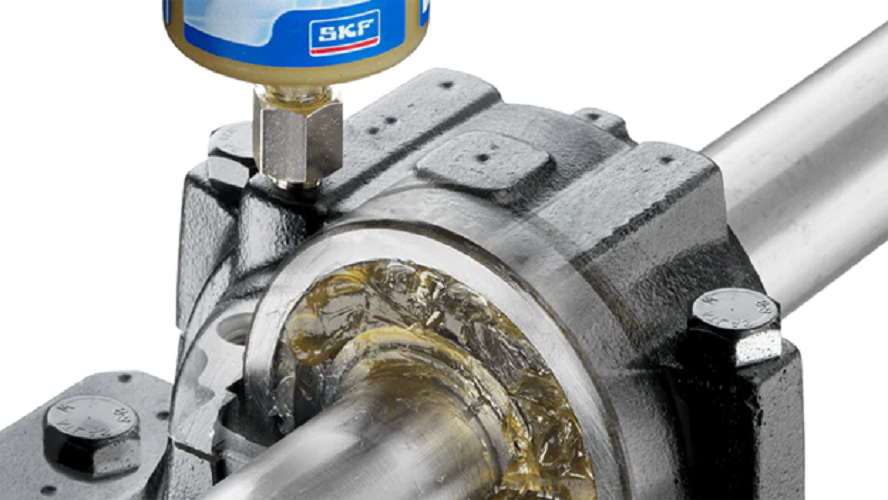There are different types of oils used to lubricate a machine, and it’s one of the things to keep in mind. It is necessary to have a better understanding of the different types of lubricants so you will know which one suits your preferences.
Base oils
For auto grease lubricator (กระปุกอัดจารบีอัตโนมัติ, term in Thai), you have to consider the base oil’s performance properties. It can be divided into two types: mineral and synthetic. The widely used base oil component is mineral oil, as it represents 95{1108855a2b7dba7ffea8966d051a01c1c17846094fdee829cc837f7d9c5c3e34} of the manufactured greases. Synthetic esters are also used. Both synthetic-based oils and mineral oils degrade thermally along with oxidative degradation when the product gets in contact with air.
Thickeners
Grease thickeners can be made from organic materials like polyurea. It can only be made from inorganic materials like fumed silica, clay, and complex soaps like calcium sulfonate complex. Some of the commonly used thickeners include the following:
- Organic polyurea – The temperature range limit is pretty much the same as that of the metal soap-thickened grease, but one of its advantages is that it provides good antioxidation. It also has anti-wear properties, but the problem with organic polyurea is that it is quite complicated to manufacture. The handling process is delicate as it includes toxic materials.
- Calcium sulfonate – It has an inherent antioxidant property, a high dropping point, anti-wear properties, and rust-inhibiting properties.
- Metal soap/complex soap thickener system – The maximum temperature limits are superior to those of the usual lithium grease. Its thermal degradation limits range between 120ºC and 220ºC.
Additives
As the name suggests, its purpose is to bulk up grease similar to that of the lubricating oils. The additive used must have the ability to work synergistically with the thickener.
Think about compatibility
Grease is a mixture of balanced chemicals. There is a possibility of a problem if different greases are mixed in the same place, especially under high temperatures. To address the issue, there is a need to add more grease until the old residual grease is eventually removed. However, if the problem is not addressed with this method, the best thing to do is to dismantle the equipment and clean it out. You can avoid this thing from happening by testing every product you are planning to use. The problem is also less likely to happen if you use greases that are of the same family.
Check for other related issues
You should also pay attention to moisture sensitivity regardless of the ability of the grease to withstand heat. When using the product, you must carefully weigh the risk of moisture degradation. It won’t be a smart decision to use water soluble glycol oil grease in an application that has a high tendency to moisture like the conveyor wash system. The presence of moisture can significantly affect the performance of the machine. When it comes to choosing a grease lubricator for machines, you have to make sure you keep in mind the tips mentioned above. That way, you will be able to find the one that best suits your needs and preferences.


